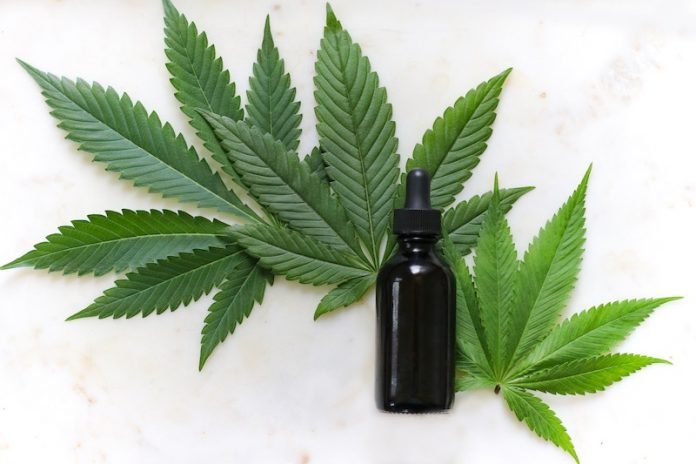
In a new study, researchers found that people of states where cannabis has been legalized are more likely to believe it has beneficial effects – including health benefits in the treatment of pain and anxiety or depression.
These people had an overall more favorable view towards the potential benefits of marijuana use and were more likely to attribute benefits to marijuana use that are not supported by evidence.
The research was conducted by a team at the University of California, San Francisco.
The researchers surveyed approximately 9,000 US adults for their beliefs and opinions regarding cannabis.
Viewpoints were compared for residents of states where is legal for recreational use, legal for medical use, or not legal.
They found, overall, residents of states where marijuana was legalized for recreational purposes were more likely to endorse the belief that marijuana use had benefits compared to residents of other states.
Most respondents believed that cannabis is beneficial for pain management: 73% in “recreationally legal” states, 67% in “medically legal” states, and 63% in “non-legal” states.
But there’s limited evidence to support the effectiveness of cannabis in pain treatment. More research is needed to establish whether cannabinoids are beneficial in the management of pain.
In addition, the possible benefits of cannabinoid therapeutics cannot be extrapolated to untested and unregulated high-potency products currently marketed to the public.
The team also found residents of states where cannabis is recreationally legal were also more likely to believe it has other unproven or unstudied benefits, such as relief from stress, anxiety, and depression.
But there’s no evidence that cannabis can help treat these conditions – in fact, some data suggests cannabis use may adversely affect the management of anxiety and depression.
Residents of recreationally legal states were more likely to say that smoking cannabis is “somewhat or much safer” than smoking tobacco – a belief unsupported by research evidence.
In all three groups of states, the majority of respondents believed that cannabis use carries a risk of developing an addiction.
Residents of recreationally legal states were more likely to believe cannabis use has certain other risks, including memory impairment and decreased intelligence and energy.
Not surprisingly, residents of recreationally legal states were more likely to report any type of cannabis use in the past year: about 20%, compared to 15% in medically legal states and 12% in non-legal states.
Cannabis is legal for recreational or medical purposes in 33 states and the District of Columbia.
The trend toward legalization has been accompanied by rapidly increasing rates of recreational use, as well as cannabis use disorders.
The researchers believe their findings raise concerns, at a time when the cannabis industry is growing rapidly and new products are being aggressively marketed.
One author of the study is Salomeh Keyhani, MD, MPH.
The study is published in the Journal of Addiction Medicine.
Copyright © 2019 Knowridge Science Report. All rights reserved.



